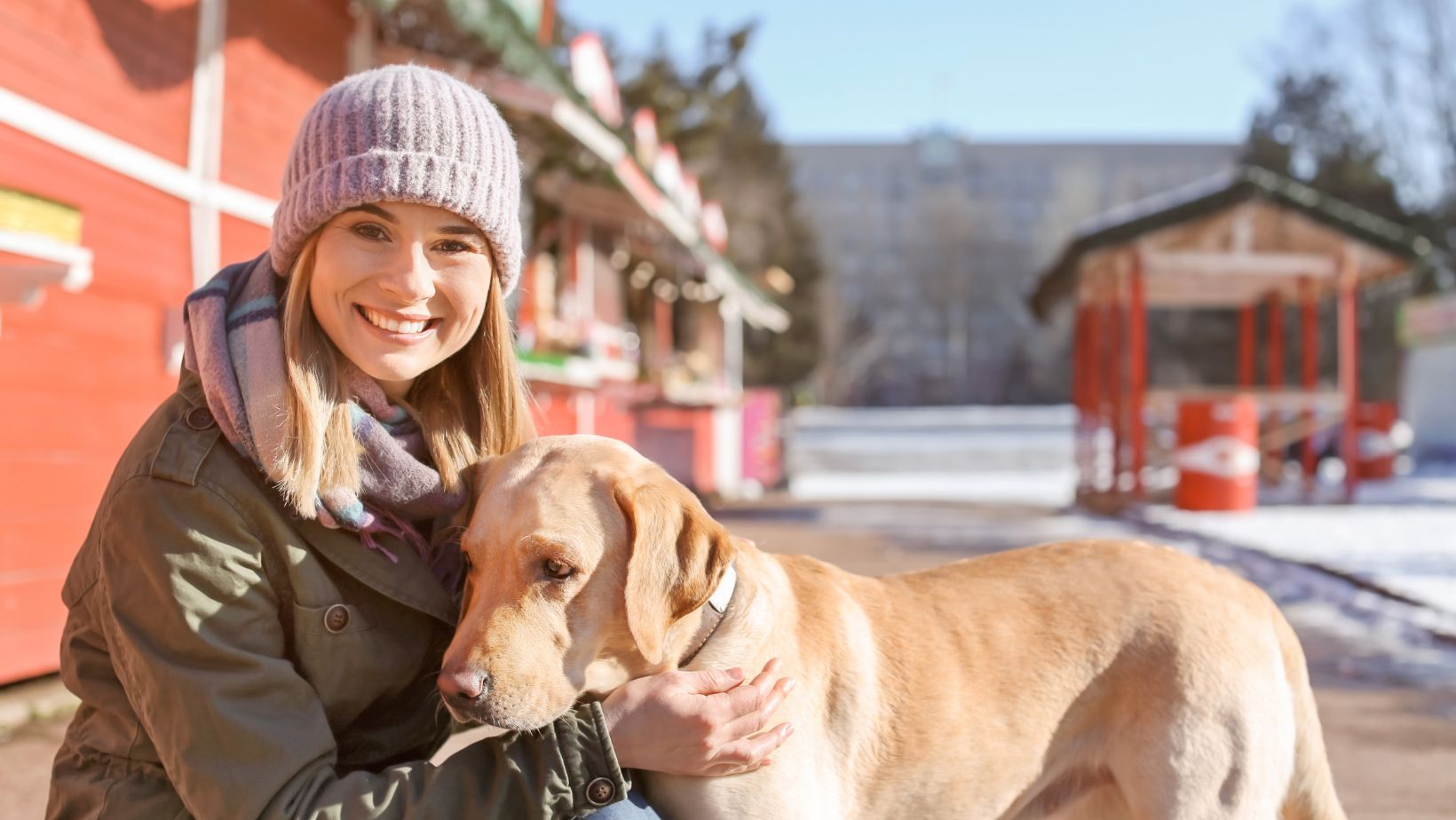How to Stop My Dog from Eating Everything
Are you frustrated with your Labrador constantly gobbling up everything in sight? Don’t worry, I’ve got some helpful tips to put an end to your dog’s voracious eating habits. Whether it’s shoes, socks, or even the occasional household item, discovering how to stop your Labrador from eating everything can save you both stress and potential hazards.
Labradors are known for their insatiable appetites and curious nature. One of the first steps in curbing this behaviour is ensuring that your furry friend is getting enough mental and physical stimulation throughout the day. Regular exercise and engaging activities like puzzle toys can help redirect their focus away from destructive chewing and towards more appropriate outlets for their energy.
Another crucial aspect to consider is establishing clear boundaries and consistent training. Teaching commands like “leave it” or “drop it” will give you better control over what your Labrador puts into its mouth. Additionally, providing them with a designated space for chewing on appropriate toys can help satisfy their natural urge to chew without resorting to destructive behaviours.
Remember, patience is key when addressing any unwanted behaviour in dogs. With consistent training, positive reinforcement, and the right outlets for mental stimulation, you’ll be well on your way to teaching your Labrador that not everything they encounter is meant for consumption.
So, if you’re tired of retrieving half-eaten objects from your Labrador’s jaws, follow these simple guidelines to put an end to their indiscriminate eating habits once and for all. Your sanity (and shoe collection) will thank you!
Why is my dog eating everything?
It’s quite perplexing when our furry friends develop a voracious appetite for anything and everything they come across. As a dog owner, I’ve often wondered why my Labrador, with seemingly boundless energy and enthusiasm, has the tendency to chew on objects and gobble up things that are not meant for consumption. Let’s delve into the possible reasons behind this puzzling behaviour.
- Exploration and Curiosity: Dogs use their mouths as a primary means of exploring the world around them. Puppies, in particular, tend to chew on various objects as they navigate their new surroundings. This behaviour can continue into adulthood if not properly addressed.
- Boredom and Lack of Stimulation: Dogs are intelligent creatures that require mental stimulation and physical exercise to stay content. If they’re not provided with enough activities or toys to engage their minds, they may turn to chewing on random items out of sheer boredom.
- Attention-Seeking: Some dogs learn that chewing on forbidden objects grabs our attention. They may resort to this behaviour as a way of getting us to interact with them or provide some form of entertainment.
- Separation Anxiety: Dogs experiencing separation anxiety may resort to destructive behaviours such as excessive chewing in an attempt to cope with their distress when left alone.
- Nutritional Deficiencies: In rare cases, dogs might eat non-food items due to nutritional deficiencies. If their diet lacks essential nutrients or if there are underlying health issues affecting nutrient absorption, they may engage in pica – the ingestion of nonnutritive substances.
- Medical Conditions: Certain medical conditions such as gastrointestinal disorders or hormonal imbalances can cause increased appetite and indiscriminate eating habits in dogs.
- Habitual Behaviour: Sometimes, dogs develop routines or habits where they associate certain objects with comfort or pleasure, leading them to repeatedly seek out and consume those items.
Understanding the underlying reasons for your dog’s indiscriminate eating habits is crucial in addressing and modifying this behaviour. It’s always advisable to consult with a veterinarian or a professional dog trainer to rule out any medical conditions and seek guidance on effective training techniques.
Remember, patience, consistency, and providing appropriate outlets for mental and physical stimulation are key elements in helping your furry friend overcome their penchant for devouring everything in sight.
